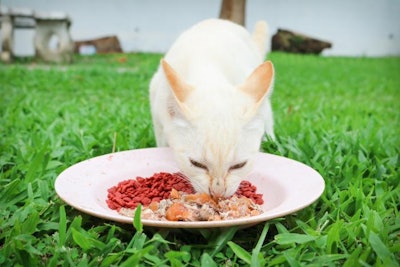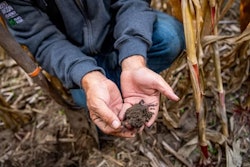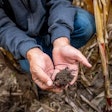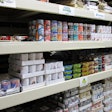
Since 2008, Nestlé Purina has reduced its environmental footprint in the US, particularly across manufacturing operations, by working to reduce water usage, greenhouse gas emissions and waste in support of Nestlé’s 2020 sustainability commitments.
As of year-end 2017, 75 percent of Purina facilities achieved zero waste to landfill, and the company is on track to be fully zero waste to landfill by 2020. Since 2007, the company has also improved its water use efficiency by nearly 25 percent and greenhouse gas emissions emitted per ton of production by 6.8 percent.
Additionally, Purina is increasing use of renewable electricity across the business. Today, 32 percent of electricity used at Purina comes from renewable sources, and in 2017, the company purchased enough green power to offset four of its factories. The company’s ambition is to procure 100 percent of its electricity from renewable sources in support of its greenhouse gas reduction targets.
Recently Purina joined with other Nestlé companies to enter a partnership agreement with EDP Renewables to leverage wind power. The power purchase agreement will provide approximately 80 percent of the electricity load for five Nestlé facilities in southeastern Pennsylvania, including two Purina factories.
Purina working toward recyclable packaging
In addition to making progress toward operational commitments, Purina incorporates environmentally friendly practices in other areas of the product life cycle, such as packaging. Purina has been working toward more sustainable packaging for more than a decade and recently joined with Nestlé in announcing an ambition for 100 percent of the company’s packaging to be reusable or recyclable by 2025.
Purina also collaborates with and supports farmers and organizations like The Nature Conservancy and Ducks Unlimited through projects that promote water quality, wetland conservation and soil health to help improve the sustainability of agricultural lands where critical ingredients are sourced.
“From our climate to soil, we know that producing our products sustainably is going to be critical to continue to serve future generations, and it all starts with ingredients,” said Diane Herndon, senior manager of sustainability at Purina, in a press release. “At Purina we believe that a healthy environment supports the growth of healthy ingredients for healthy pets, and by supporting conservation projects on agricultural lands where we source our high-quality ingredients, we are helping to keep farms fertile and productive for years to come.”
















